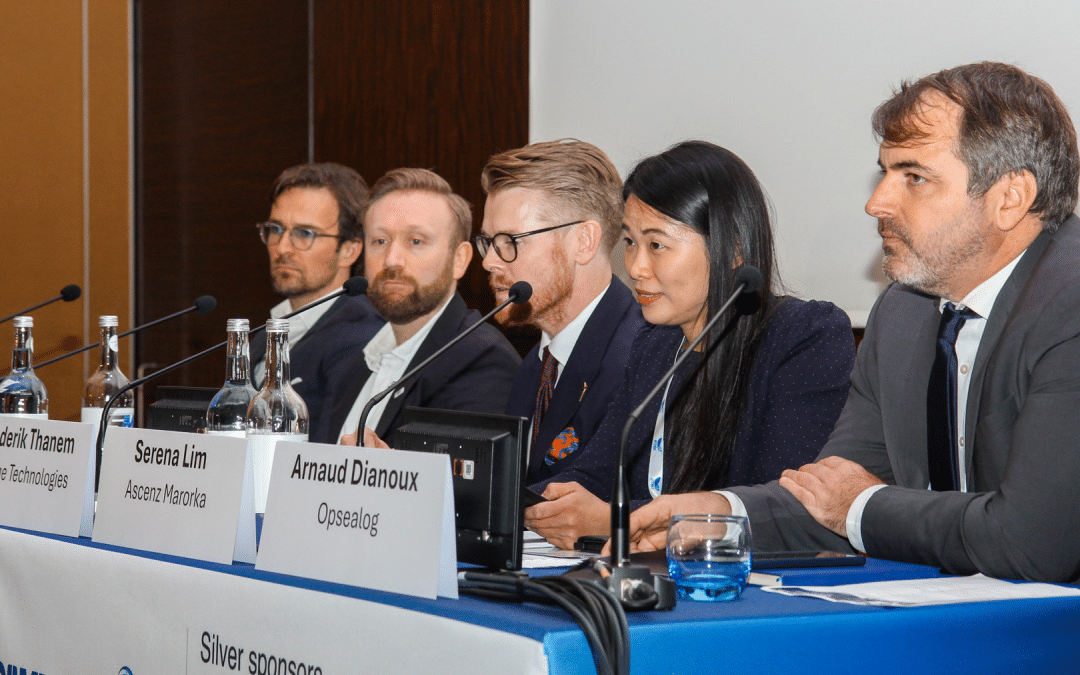
by Marion ADAM | Feb 9, 2026 | Blog
The Offshore Support Journal Conference returned to London in February 2026, bringing together shipowners, charterers, class societies, and technology providers to discuss the current state of the OSV market and its outlook. Opsealog was present at the event, with...
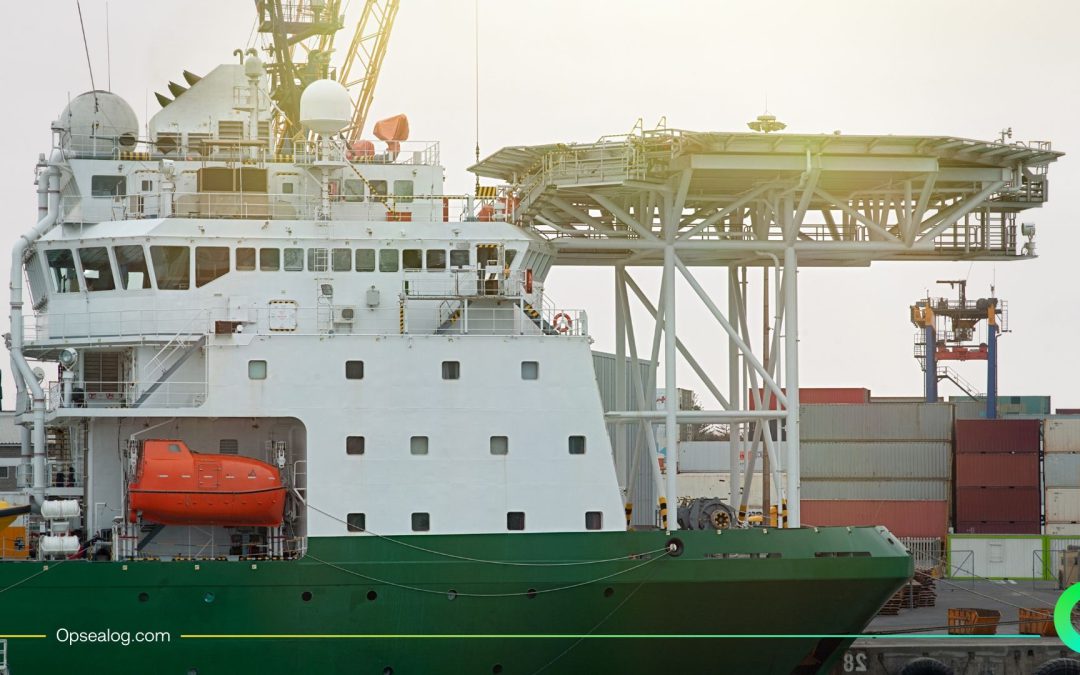
by Marion ADAM | Jan 29, 2026 | Blog
Fuel optimization is often treated as an isolated objective. In reality, its success depends on one critical factor: data quality. Without accurate, consistent data, identifying trends or deviations becomes guesswork, which is something few teams can afford. Yet fuel...
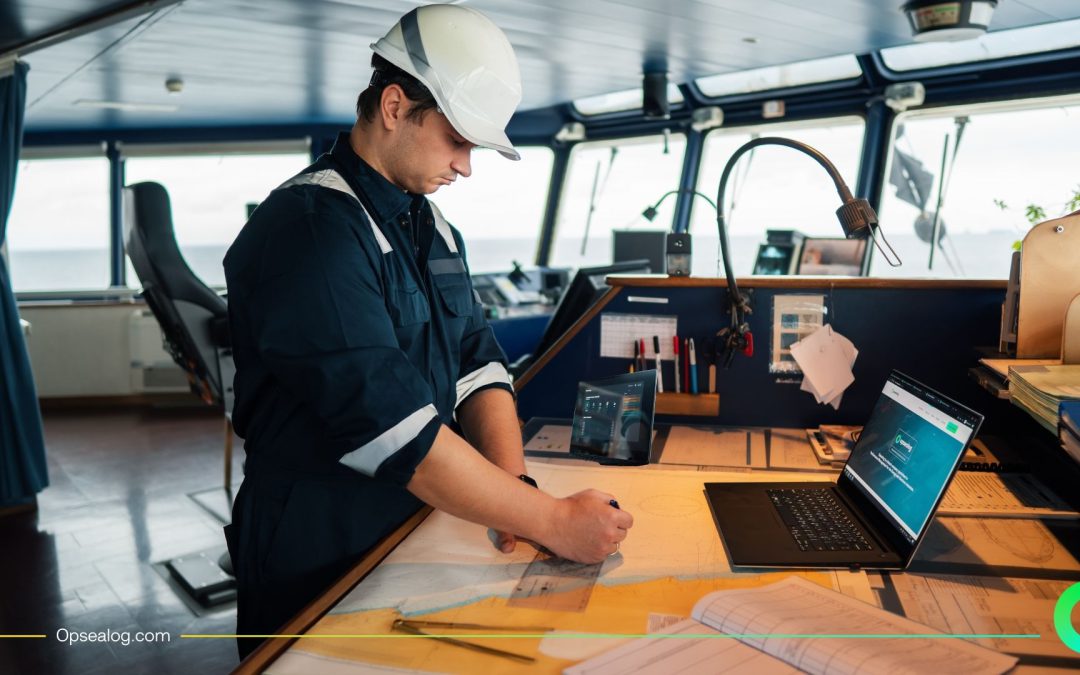
by Marion ADAM | Nov 20, 2025 | Blog
The success of any digital initiative at sea or in maritime operations doesn’t depend on the technology — it depends on the people using it. Crews already balance tight schedules, heavy reporting, and demanding operational requirements. A new dashboard or reporting...

by Marion ADAM | Jul 30, 2025 | Blog
Engine running hours are often treated as a background metric. Yet for offshore vessels, they carry direct operational and financial consequences. Maintenance frequency, fuel use, emissions, and even asset integrity all connect back to how long engines are in use, and...
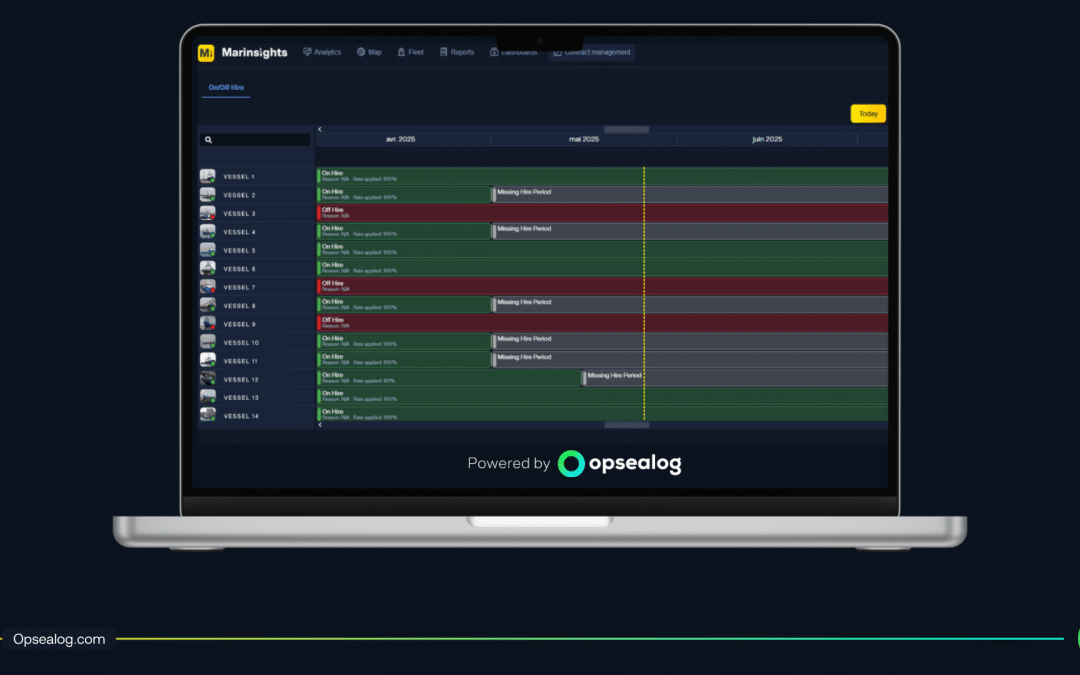
by Marion ADAM | Jun 2, 2025 | Blog
Offshore charter party agreements are contracts that govern day-to-day operations, define fuel responsibilities, and can quietly drain budgets and relationships if not managed well. Yet, despite their strategic importance, many offshore charter track contracts are in...
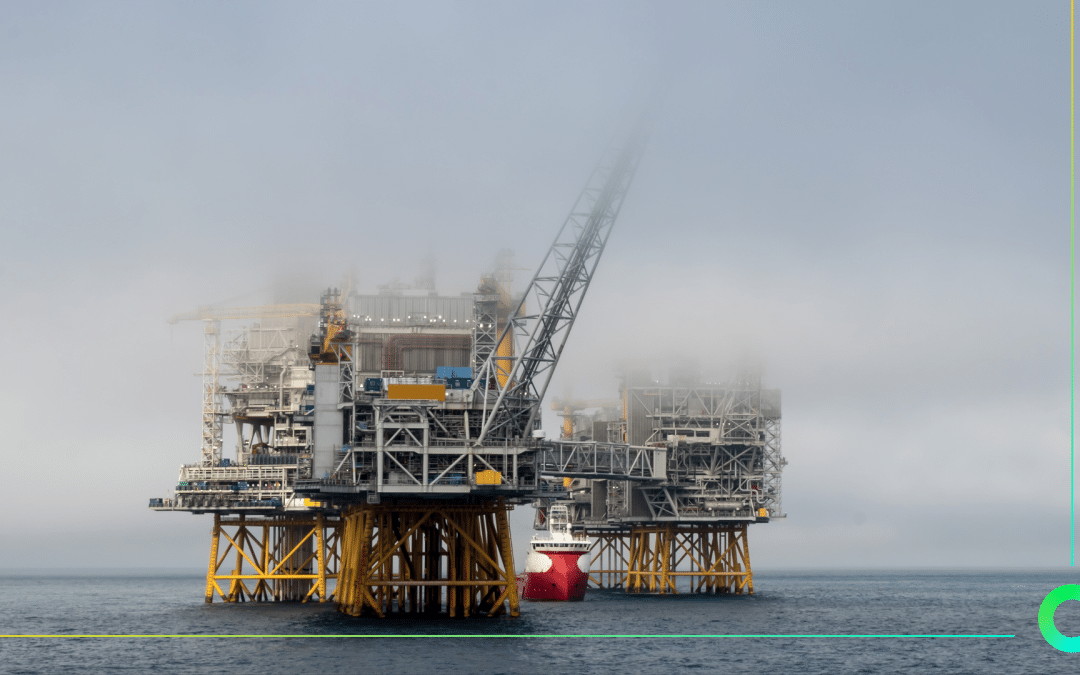
by Marion ADAM | May 6, 2025 | Blog
Offshore vessels are generating more data than ever before. They continuously send information to shore through sensors, automated systems, and manual reports from seafarers. But raw data alone doesn’t improve efficiency. What matters is how that data is processed,...







